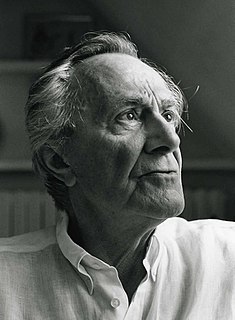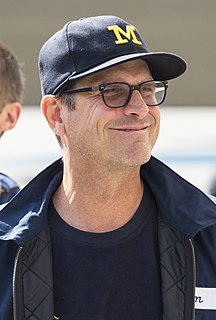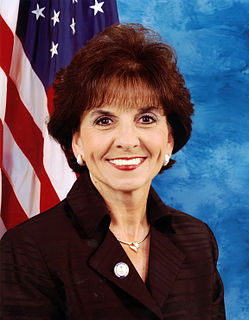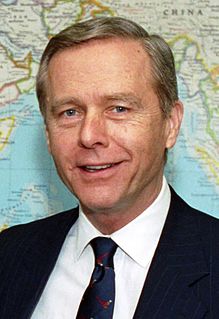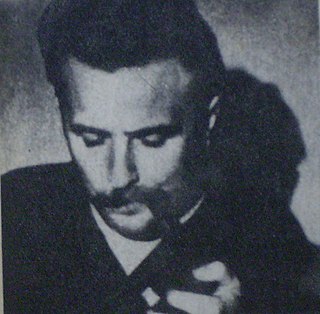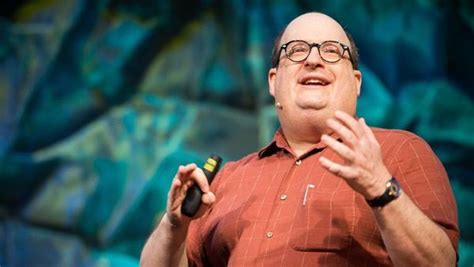A Quote by Jean-Francois Lyotard
Increasingly, the central question is becoming who will have access to the information these machines must have in storage to guarantee that the right decisions are made.
Related Quotes
No decision-making system is going to guarantee corporate success. The strategic decisions that corporations have to make are of mind-numbing complexity. But we know that the more power you give a single individual in the face of complexity and uncertainty, the more likely it is that bad decisions will get made.
I've never found an important decision made by a great organization that was made at a point of unanimity. Significant decisions carry risks and inevitably some will oppose it. In these settings, the great legislative leader must be artful in handling uncomfortable decisions, and this requires rigor.
